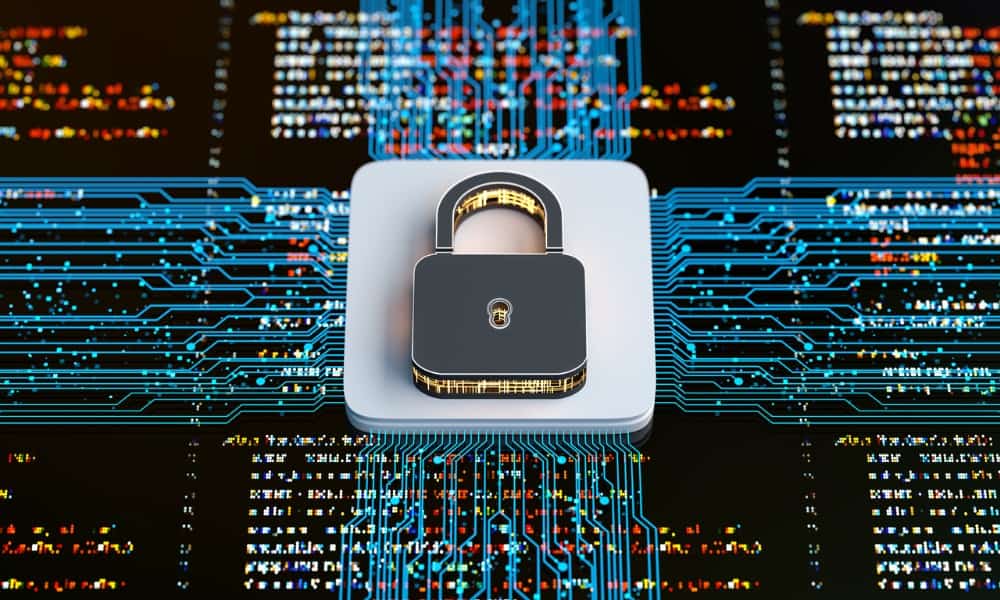The importance of privacy has never been greater in the digital age. There should be no snooping and sharing without our consent. Choose a private messaging app and secure to protect your privacy.
Text messages are not secure by default. Intercepting and reading traditional SMS text messages since they are not encrypted. Even popular messaging apps like Apple’s iMessage can encrypt messages, but they can’t send them end-to-end. Under certain circumstances, third parties could potentially access messages through those vulnerabilities.
what is private message/? A private messaging app addresses these security flaws by providing full end-to-end encryption. It means only the sender and recipient read the messages – not even the app provider access them. Private messaging apps also typically have features like message deletion timers and passcode protection for additional security.
- Prevent snooping: Stop prying eyes from reading your private conversations.
- Avoid data collection: Your messages contain personal info you don’t want harvesting.
- Message control: Delete messages on both ends after reading for total privacy.
- Legal protection: Encrypted messages carry certain legal protections.
- Personal security: Keep sensitive info like bank details safe from criminals.
- Professional needs: Secure communication may be necessary.
- Peace of mind: Know your conversations stay between you and the recipient.
Features to look for in a private messaging app
End-to-end encryption
Private messaging apps should have this feature as their most important feature. An end-to-end encryption method encrypts the message on the sender’s device and decrypts it only on the recipient’s. It stops third parties from accessing messages in transit.
Message deletion options
Temporary auto-delete features allow you to set messages to delete from both devices after being viewed. It is ideal for extra-sensitive conversations.
Self-destructing messages
Similar to auto-delete, this feature lets you send messages that delete themselves after a set time. Great for maintaining forward secrecy.
Screen security
Screen lock, passcodes, and auto-lock settings help prevent unauthorized access if a device is lost or stolen.
Backup disable option
Prevent messages from being included in backups to third-party cloud services like iCloud.
Minimal metadata collection
To maximize privacy, the app should collect only the absolute minimum technical metadata needed to operate.
Open source code
Open source code allows greater transparency and accountability regarding privacy practices.
Peer review
Look for apps whose encryption has been analyzed and verified by independent cybersecurity experts.
How to choose the right app for you?
How do you decide which of many solid private messaging options is right for you?
- Platforms: Apps should work on all your devices, including mobile and desktop.
- Contacts: Do people you communicate with regularly already have the app? Easier to onboard friends & family to a more popular app.
- Ease of Use: Look for a simple intuitive interface without sacrificing security.
- Special Features: You may find self-destructing messages, screenlocks, etc. appealing.
- Cost: Some apps are free, others paid. Weigh the cost against extra security/features.
- Open Source: Prefer apps with open-reviewed code and active development communities.
- User Experience: Read user reviews and test out the app yourself before committing.
Prioritizing your needs and doing thorough research is key to finding the most secure and usable private messaging service. Don’t settle – your privacy is worth investing time into.


